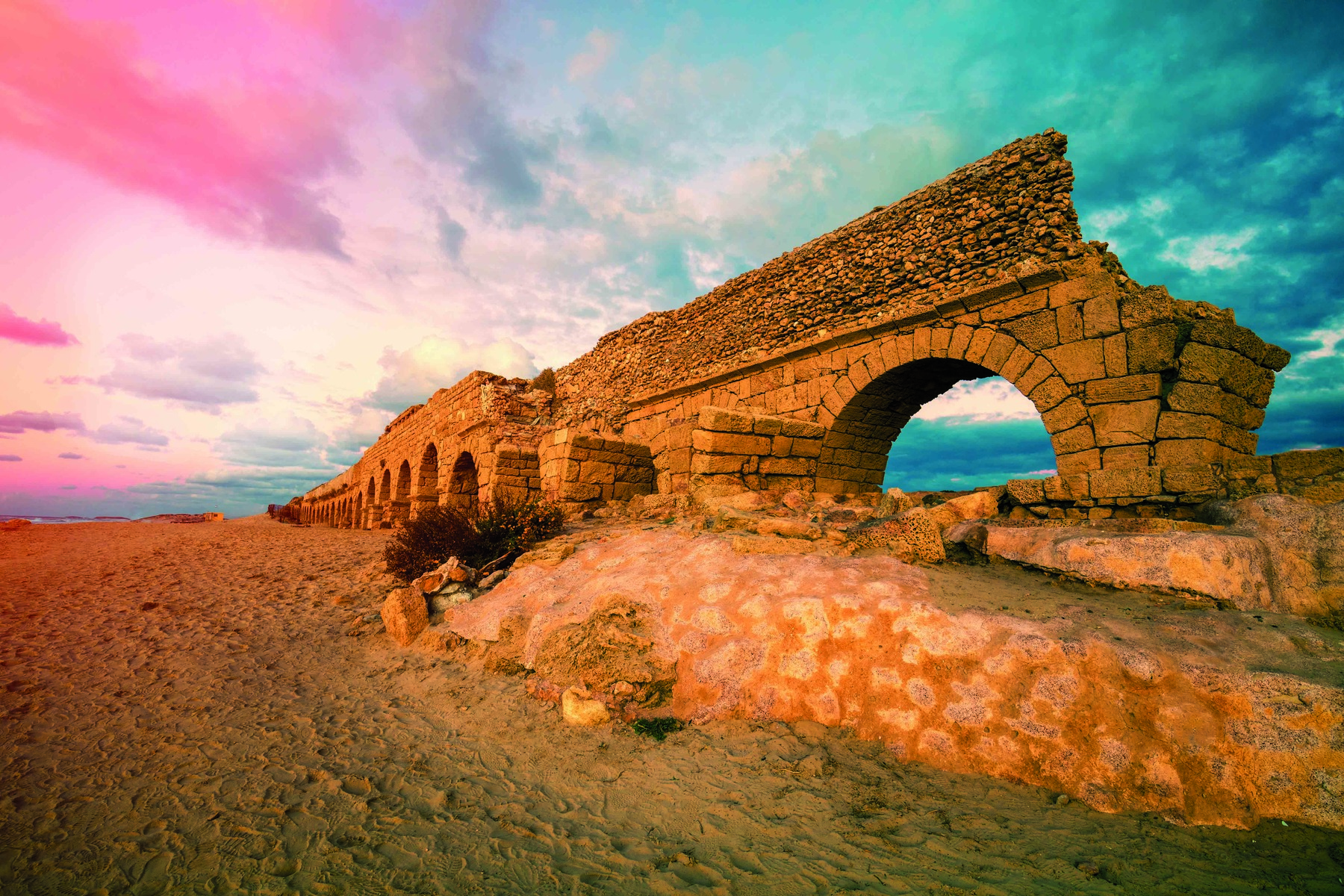BUDAPEST, HUNGARY—Telex reports that archaeologists unearthed the first-century A.D. tomb of a Roman physician in a central Hungarian necropolis. He was buried during the period when the Roman imperial province of Pannonia was being formed. Placed at the feet of the man, who died between the ages of 50 and 60, were two wooden boxes containing medical instruments, including needles, pincers, and silver-plated copper alloy scalpels that were fitted with interchangeable steel blades. A muller found near the man's knee was likely used to mix herbs and other medicinal substances. Eötvös Loránd University archaeologist Levente Samu said that the high-quality equipment would have been suitable for performing complex medical procedures. The team is planning to conduct isotope analysis and DNA testing to determine the doctor's place of origin. To read about the tomb of an Egyptian royal physician, go to "The Doctor Is In."
Burial of Roman Physician Excavated in Hungary
News April 28, 2023
Recommended Articles
Digs & Discoveries January/February 2021
Head Space
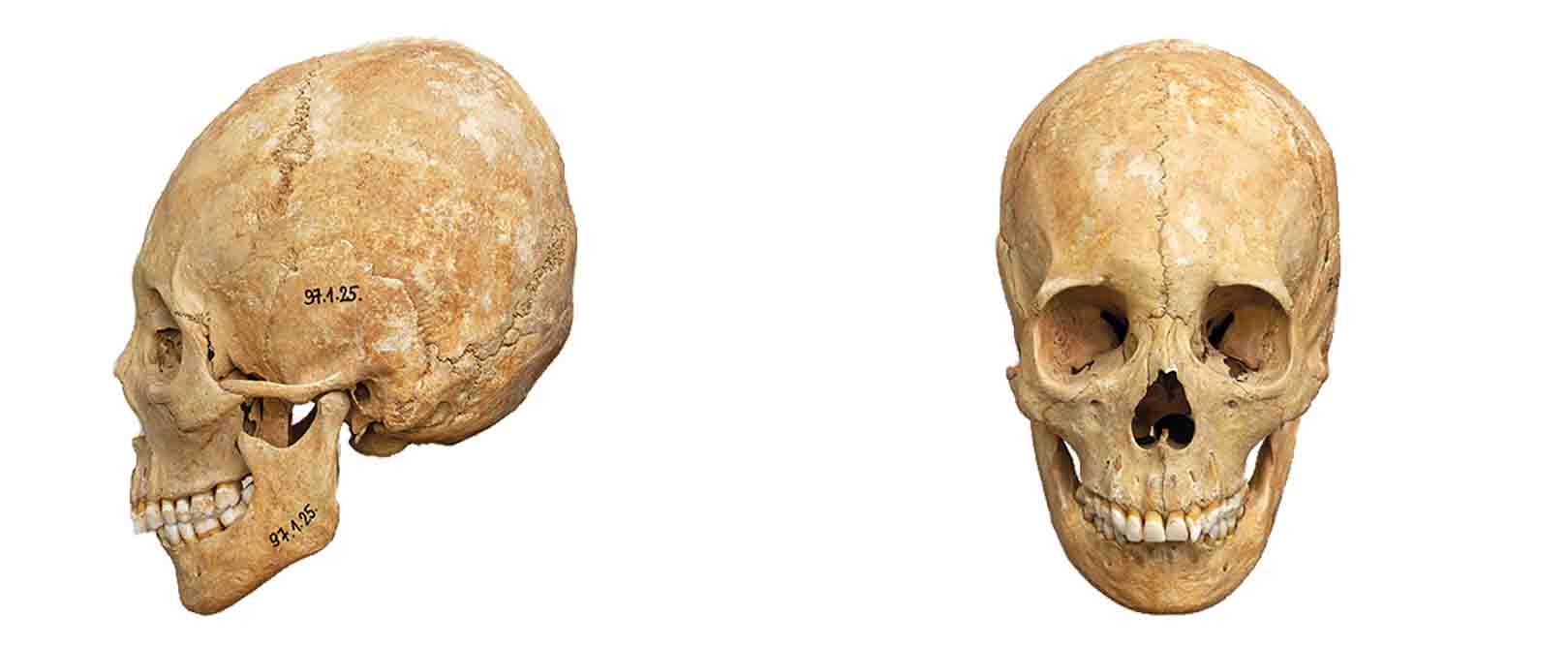
Features January/February 2026
The Cost of Doing Business
Piecing together the Roman empire’s longest known inscription—a peculiarly precise inventory of prices

Digs & Discoveries September/October 2025
A Day at the Hunt
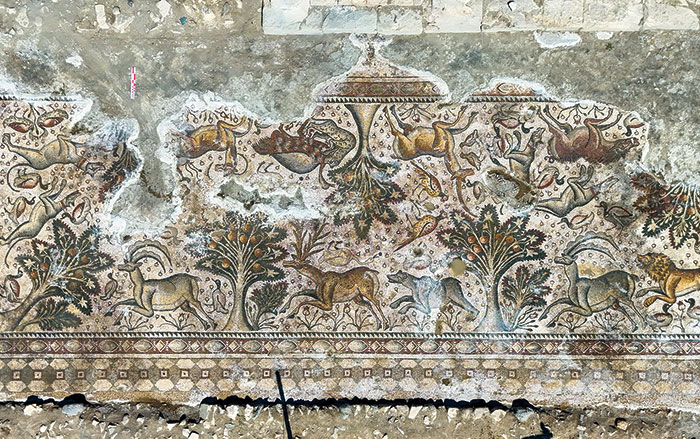
Digs & Discoveries September/October 2025
Good Night, Sweet Prince
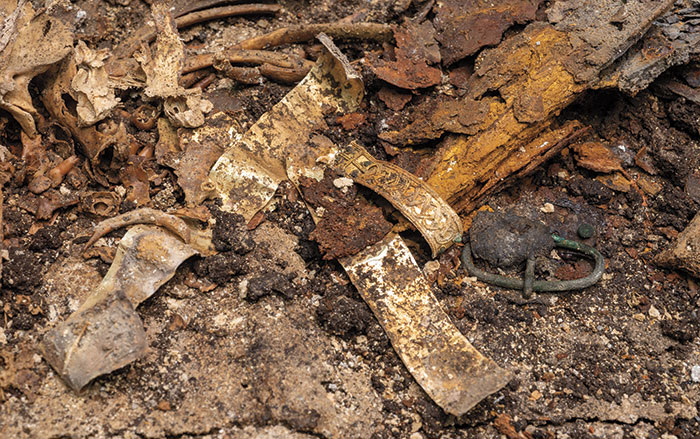
-
Features March/April 2023
The Shaman's Secrets
9,000 years ago, two people were buried in Germany with hundreds of ritual objects—who were they?
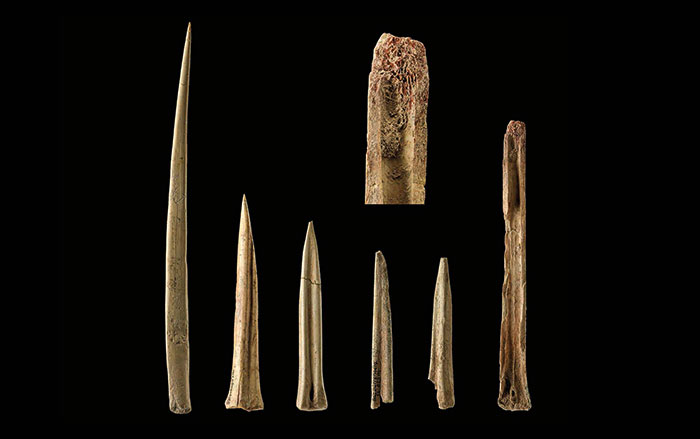 Photographs Juraj Lipták
Photographs Juraj Lipták -
Letter from the Faroes March/April 2023
Lost History of the Sheep Islands
New evidence shows that the remote North Atlantic archipelago was settled hundreds of years before the Vikings reached its shores
 (Polhansen/Adobe Stock)
(Polhansen/Adobe Stock) -
Artifacts March/April 2023
Andean Wind Instruments
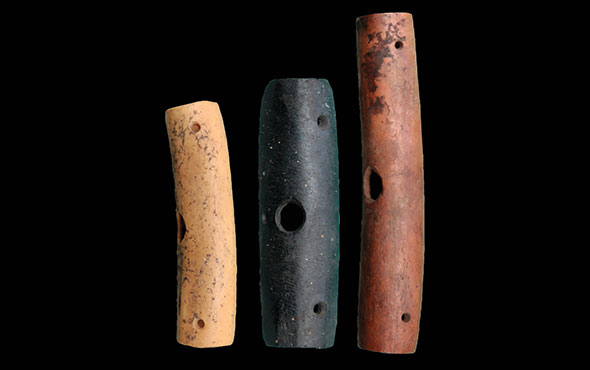 (Luis Manuel González La Rosa)
(Luis Manuel González La Rosa) -
Digs & Discoveries March/April 2023
Peru’s Lost Temple
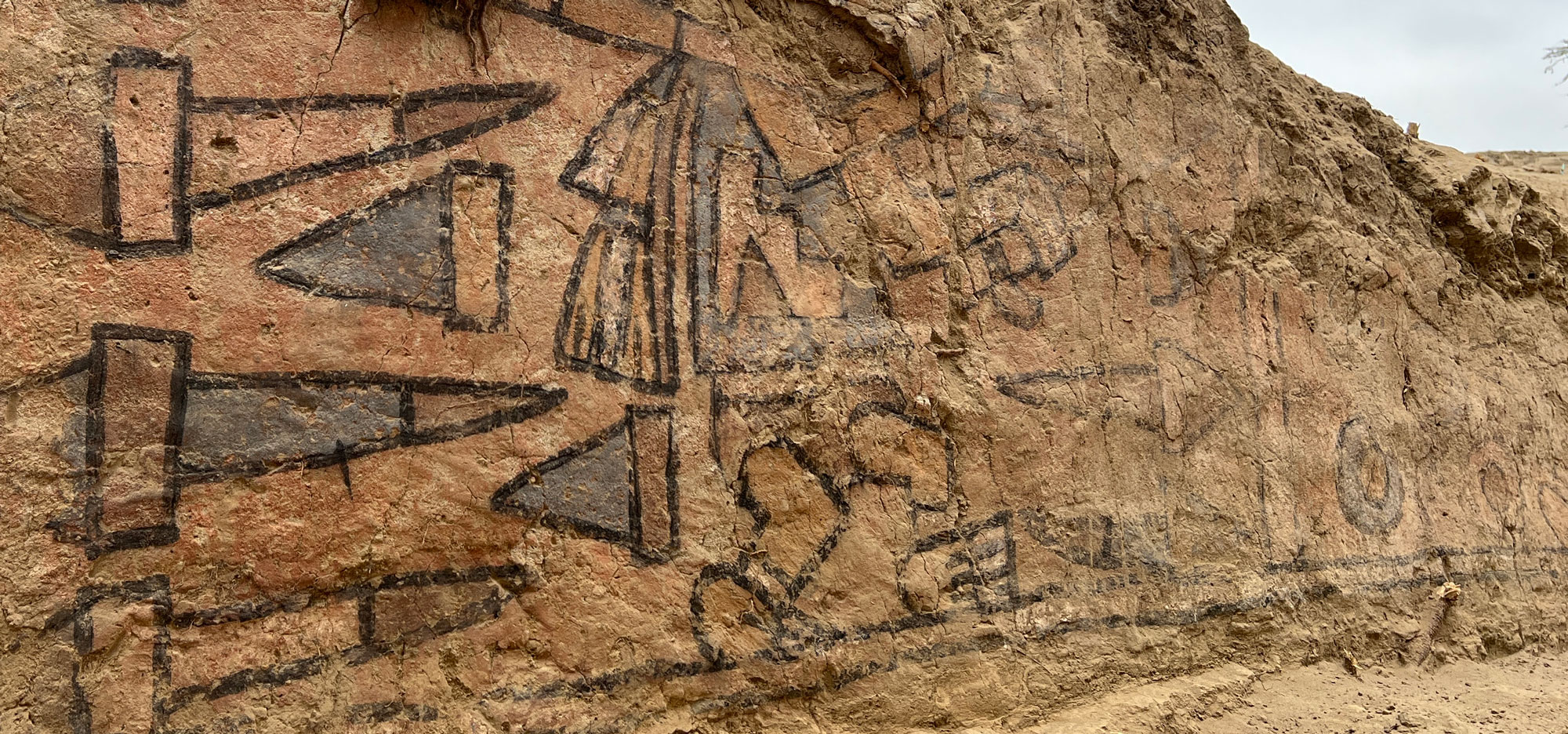 (Courtesy Sâm Ghavami)
(Courtesy Sâm Ghavami)


